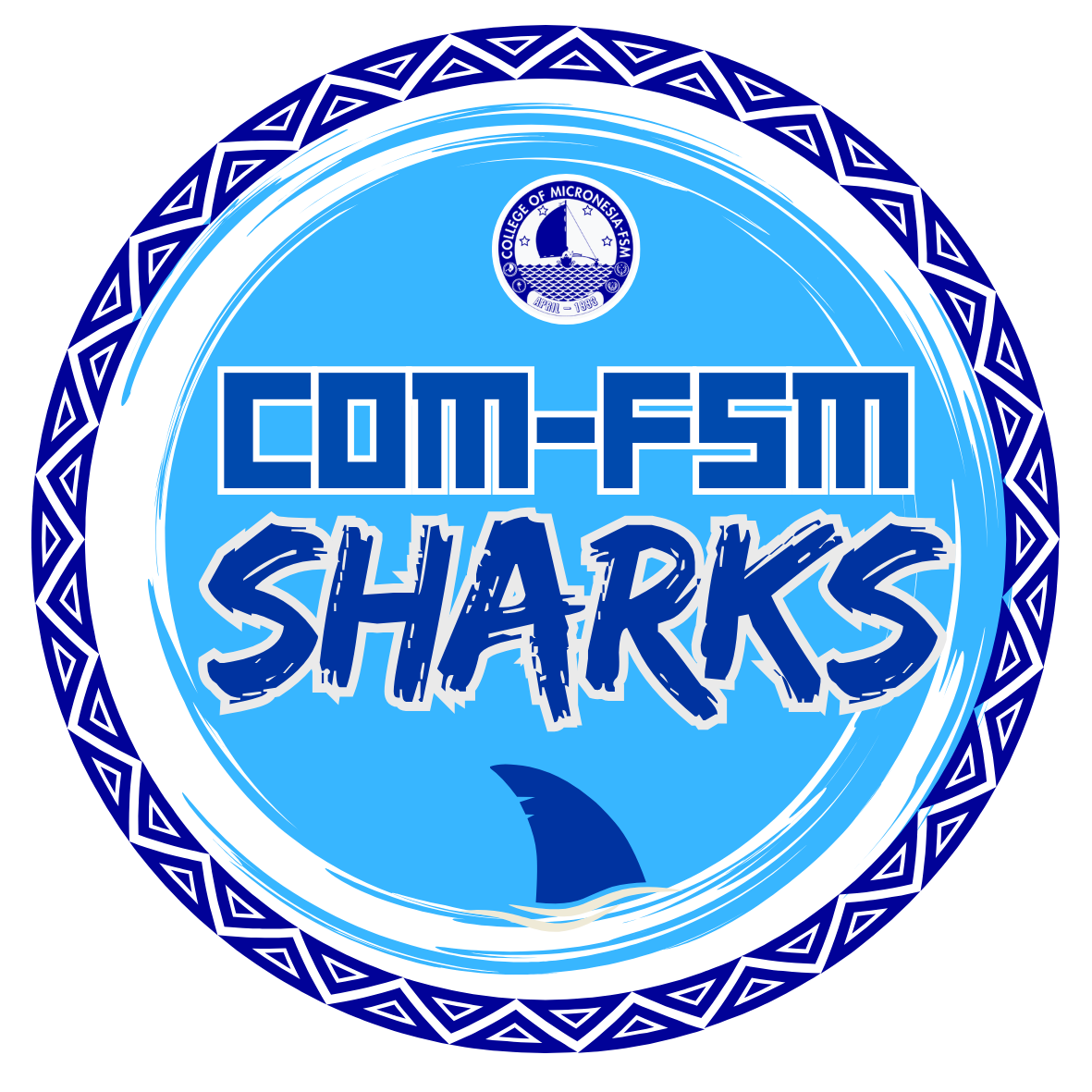Mission
The College of Micronesia-FSM is a learner-centered institution of higher education that is committed to the success of the Federated States of Micronesia by providing academic and career & technical educational programs characterized by continuous improvement and best practices.
Our College’s Vision
We provide quality education today for a successful tomorrow.
Strategic Directions
The three overarching goals that provide the framework for student achievement and guides our work are:
- ACCESS;
- INNOVATION; AND
- RESILIENCE.
Each department’s “Actionable Implementation Plan” (ACIP) will include objectives and activities which emanate from the strategic goals and inform both a section’s or department’s and individuals’ work plans.
ACCESS
GOAL: Provide quality education for all through leveraging partnerships, networks and systems for optimal learning-centered course and program design, development and delivery.
Outcomes
- Ensure that all students have clear and efficient pathways to enroll in college programs and access support services.
- Ensure that learning resources are available equitably across all campuses and to all students, including those in remote areas.
- Embed continuous learning and capacity development for faculty and staff, with a focus on emerging educational technologies and pedagogical strategies.
- Foster collaborative relationships with the public and private sectors, governments, non-government organizations and educational institutions to expand and enhance educational facilities and opportunities, particularly in large ocean states.
INNOVATION
GOAL: Promote and exemplify innovative learning designs and learning and student support best practices.
Outcomes
- Implement and support flexible learning options, such as hybrid, online, and modular courses, to cater to diverse student needs and preferences.
- Innovate teaching methods and course content to align with current industry standards and ensure that graduates are job-ready.
- Create an environment that encourages entrepreneurship, experimentation and adoption of new practices in teaching and student support.
- Design vibrant and adaptable workspaces that foster creativity and collaboration among employees and students.
RESILIENCE
GOAL: Create learning pathways, institutional memory and context-relevant, continuous improvement, integrated planning cycles.
Outcomes
- Develop flexible and relevant learning pathways that accommodate diverse student needs and career goals. Include options for continuous learning and upskilling.
- Ensure that employee compensation and benefits are competitive and sustainable, contributing to staff retention and satisfaction.
- Incorporate energy-efficient and environmentally friendly practices in campus facilities and learning spaces.
- Establish systems for preserving institutional knowledge and practices, ensuring continuity and informed decision-making for future generations.
- Enhance institutional resilience through improved crisis management and adaptive strategies.
Accreditation
College of Micronesia-FSM is accredited by the Accrediting Commission for Community and Junior Colleges, 10 Commercial Bldv., Suite 204, Novato, CA 94949, (415) 506-0234, an institutional accrediting body recognized by the Council for Higher Education Accreditation and the U.S. Department of Education. Additional information about accreditation, including the filing of complaints against member institutions, can be found at: www.accjc.org.
Statement of Equal Opportunity
The College of Micronesia-FSM complies with Title VI of the U.S. Civil Rights Act of 1964, Title IX of the Education Amendments of 1972, and the Rehabilitation Act of 1973. The College does not discriminate in matters of employment or admission to educational programs and activities because of race, color, place of origin or ancestry, marital status, sex, religious or political preference, age, or physical handicap per Public Law No. 779.
The President’s executive assistant acts as the authorized agent in matters concerning section 504 of the Rehabilitation Act of 1973. This notice is in compliance with Paragraph 84.8 of Section 504 of the Rehabilitation Act of 1973.


